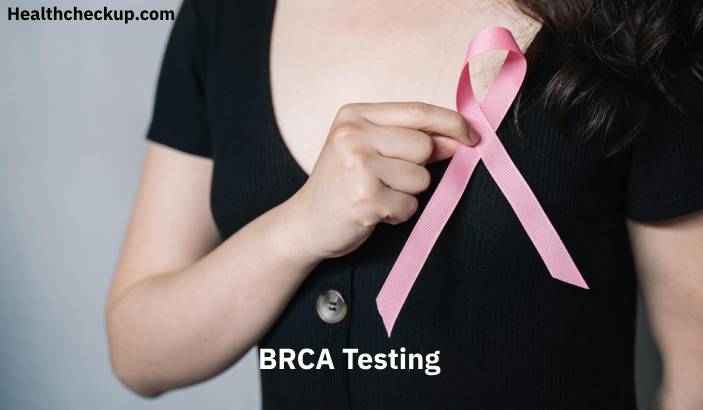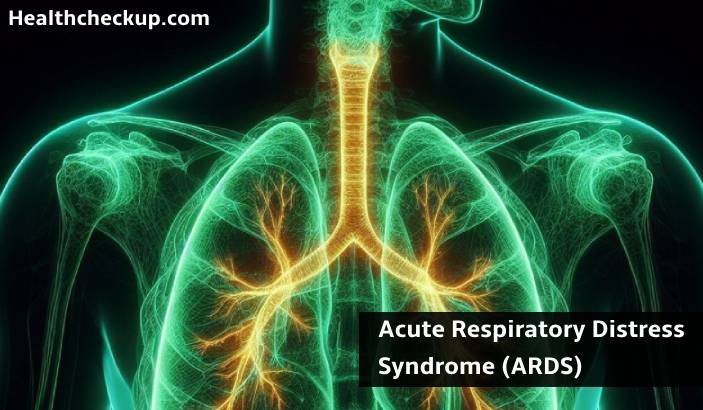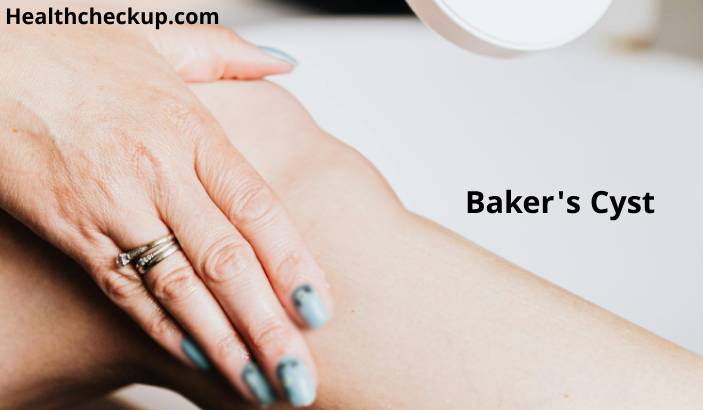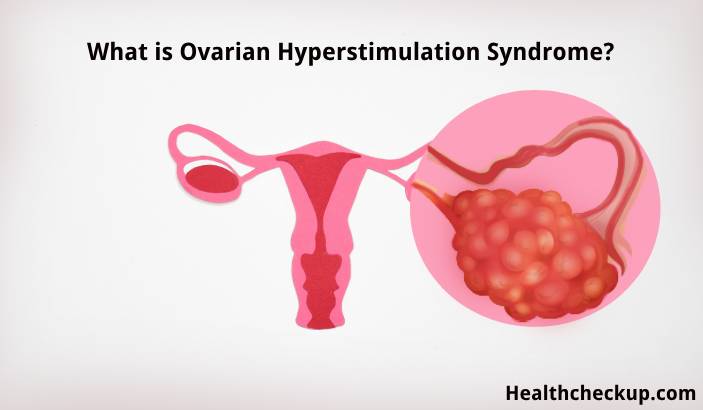The BRCA test is a genetic test used to identify mutations in the BRCA1 and BRCA2 genes, which are closely linked to an increased risk of breast and ovarian cancers. This test provides vital information for assessing cancer risk and guiding preventive or treatment strategies. This comprehensive article explores the BRCA test’s purpose, preparation, procedure, interpretation of results, and associated risks.
Purpose of the BRCA Test
- Assessing Cancer Risk: The primary purpose of the BRCA testing is to determine if an individual carries mutations in the BRCA1 or BRCA2 genes, indicating a higher risk for certain cancers.
- Guiding Preventive Measures: Identifying BRCA mutations can guide preventive strategies, including enhanced screening, lifestyle changes, or preventive surgeries.
- Informing Treatment Decisions: In cancer patients, the presence of BRCA mutations can affect treatment choices, particularly the use of targeted therapies like PARP inhibitors.
- Family Planning: The test can provide information for family members regarding their own cancer risk, enabling informed decisions about genetic testing and prevention.
Preparation for the BRCA Test
- Genetic Counseling: Before undergoing the BRCA testing, genetic counseling is recommended to discuss the implications of the test results and the emotional impact they might have.
- Family History Review: A detailed review of family medical history is necessary, focusing on instances of breast, ovarian, prostate, and other related cancers.
- No Fasting Required: The test does not require fasting or specific dietary restrictions.
- Medical History: Inform your healthcare provider about any medications or treatments you are currently undergoing, as these might be relevant to interpreting test results.
Procedure of the BRCA Test
- Sample Collection: The BRCA genetic testing typically involves a blood sample, but some tests may use saliva or cheek swabs.
- Laboratory Analysis: The sample is analyzed in a specialized laboratory, where genetic sequencing is used to detect mutations in the BRCA1 and BRCA2 genes.
- Duration: Results from the BRCA testing may take several days to a few weeks, depending on the complexity of the analysis and the laboratory’s workload.
Results Interpretation
- Positive for BRCA Mutation: A positive result indicates the presence of a mutation in the BRCA1 or BRCA2 genes, suggesting a higher risk for developing certain cancers.
- Negative for BRCA Mutation: A negative result means no BRCA mutations were detected, but it does not completely eliminate the risk of cancer, as other factors might contribute.
- Variant of Uncertain Significance (VUS): Sometimes, the test may identify a genetic variant whose impact on cancer risk is unclear, requiring further research or follow-up.
- Implications for Family Members: A positive result may have implications for family members, who might also need testing to assess their own cancer risk.
Risks Associated with the BRCA Testing
- Minimal Physical Risks: The test involves a simple blood draw or saliva/cheek swab, posing minimal physical risks like minor pain or bruising at the needle insertion site.
- Emotional and Psychological Risks: The test can cause significant stress or anxiety, especially if it reveals a high cancer risk. Genetic counseling helps manage these risks.
- False Positives/Negatives: Although rare, technical errors in the laboratory or sample contamination can lead to inaccurate results.
BRCA testing is a crucial tool for assessing cancer risk, particularly for breast and ovarian cancers. Given the implications of the BRCA test results, genetic counseling is crucial to help individuals understand their results and make informed decisions about their health. Whether the results are positive, negative, or indicate a variant of uncertain significance, a comprehensive approach that considers family history, medical background, and personal risk factors is essential.









